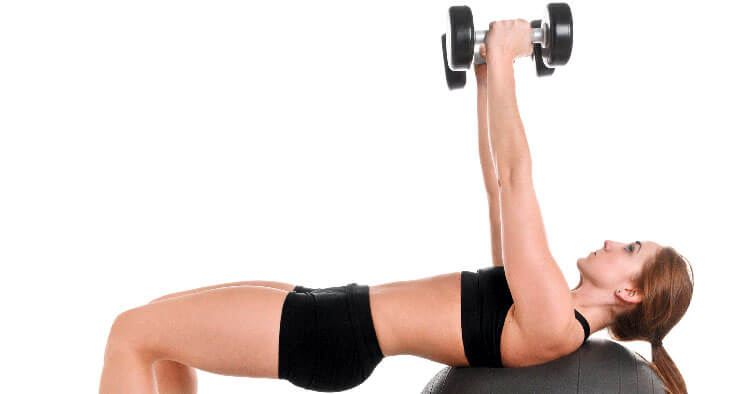Injury Rehabilitation and Training, Sports Injuries and Management
What Is Delayed Onset Muscle Soreness?
Delayed Onset Muscle Soreness, More Commonly Known As DOMS
Delayed onset muscle soreness, or more commonly referred to by the acronym DOMS is that muscle soreness felt following exercise. A soreness that typically starts somewhere between 6 to 24 hours after activity. With DOMS any soreness is often noted to be at its worst around 24-48 hours post exercise, with symptoms starting to diminish somewhere around 72 hours after the causative exercise. However, the exact course of symptoms with post exercise muscle soreness is quite variable from person to person, depending on a number of variables including;
- the type and intensity of exercise performed
- as well as the level of “conditioning” the individual has with regard to the specific activity
DOMS: Is A Sign Of Muscle Damage, But Is Not Considered To Be An Injury
You could say DOMS is essentially a sign of muscle damage, however it is not considered to be an injury. Delayed onset muscle soreness is more a side effect of the repair process that develops in response to the microscopic muscle damage caused by exercise.
Is Delayed Onset Muscle Soreness Bad?
Just because DOMS is a sign of muscle damage does not actually mean it is a bad thing. It is just a normal response to a bout of intense exercise and activity. The severity of any post exercise muscle soreness reaction typically reduces with training, reducing as your body adapts to the work load you are regularly performing. However, depending on the severity and duration of symptoms your delayed onset muscle soreness may indicate that the exercise you are performing is either too intense for your current level, or potentially that you are performing the exercise/s incorrectly and some adjustments are indicated.
Who Gets DOMS?
The short answer is anyone. Basically, anyone can get delayed onset muscle soreness and it is most pronounced when a new training activity, or training intensity or volume is introduced. This obviously includes first time exercisers and people new to physical activity in general. Simply put DOMS is really your body trying to make adaptions in an attempt to better prepare your body to do the same activity again.
What Causes Delayed Onset Muscle Soreness?
Generally, any exercise involving eccentric contractions is considered to be most often associated with delayed onset muscle soreness. An eccentric contraction is a muscle action where the muscle lengthens as it contracts such as running down hills, or stairs, or during the lowering phase of a squat, push up or chin up to name just a few…
DOMS is thought to be the result of microtrauma in muscles and connective tissues and causes inflammation. And the reason that eccentric contractions are more likely to cause DOMS is because the eccentric muscle loading phase places a higher load on your muscles when compared to concentric (shortening) contraction of the muscle. With these higher loads during the eccentric muscle loading phase the muscles suffer the microtrauma.
Common Signs & Symptoms Of DOMS?
The most common symptom of DOMS is discomfort. Discomfort in the muscles is the hallmark sign, however, other signs and symptoms may include;
- some minor local swelling
- tenderness on palpation
- as well as this someone suffering with DOMS may experience temporary reduced strength
- and reduced range of movement in the muscle and associated sensation of joint stiffness.
A Precursor To Muscle Growth: DOMS The Necessary Evil
DOMS is somewhat of a necessary evil associated with training and physical progress. Although it appears to be caused by trauma to your muscle fibers, some muscle trauma is necessary to stimulate protein production and muscle growth so that the muscles can get stronger than before, and the soreness doesn’t’ happen again at the same level of activity as your body adapts to the loading placed on it.
Disclaimer: Sydney Physio Clinic does not endorse any treatments, procedures, products mentioned. This information is provided as an educational service and is not intended to serve as medical advice. Anyone seeking specific orthopaedic advice or assistance on What Is DOMS? should consult his or her general practitioner or physiotherapist or otherwise appropriately skilled practitioner or trainer.


